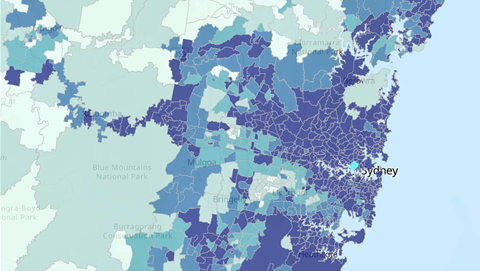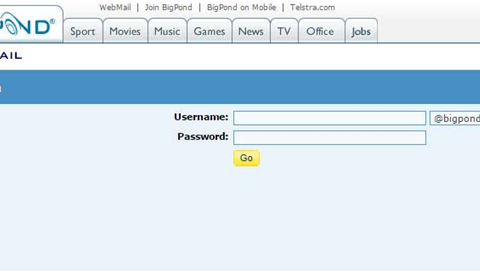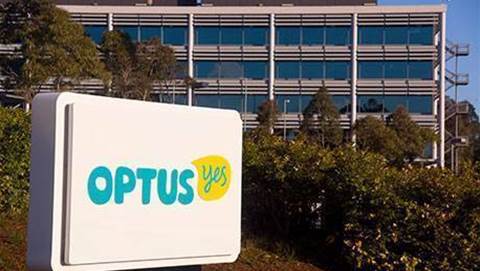NBN Co has kicked off preliminary talks with NSW electricity distributor Ausgrid over potential collaboration in the roll out of a smart grid and the fibre network across New South Wales.

A spokesman said the talks were led by its general manager of commercial networks Gareth Simmons.
The talks, which extended to other distributors, concerned "possible testing of smart grid applications utilising the NBN as the communications network".
Managers at NBN Co and Ausgrid had previously sought cooperation in the rollout of smart grids and the national fibre network, including use of the same civil labour to roll out meters and customer premises devices.
However, concerns remained on the electricity distributor side as to the cost of using the NBN for the minimal bandwidth requirements of a smart grid network.
Closer negotiation of the two parties, however, could lead to changes in business models relevant to energy utilities.
According to the government-run NBN website, potential points for synergy included a possible device that combined a smart meter used by the utility and an optical network termination unit used by NBN Co in the same package.
Ausgrid, the distribution arm of the former NSW Government-owned EnergyAustralia, was last year awarded a $100 million Smart Grid, Smart City contract from the Federal Government to trial 50,000 smart meters at homes in Newcastle, the Hunter Valley, as well as western Sydney suburbs.
It had begun rolling out a joint WiMAX and TD-LTE network across the state to support the deployment and provide communications between smart meters at homes, back-end equipment and mobile field computers used by service personnel.
The private communications network included rolling out 140 base stations and 800 kilometres of fibre optic cable to support the backhaul.
A consultant in the negotiations, IBM chief architect Chris Pavolvski, had personally pushed for continued talks around the synergies between the smart grid rollout and NBN with hopes of providing examples to similar rollouts.
"You've got such a big broadband pipe there, you've got plenty of room because it's only small amounts of data," he told iTnews.
"The opportunity to leverage infrastructure or internet use at home as well as metering technology is certainly there."
IBM was one of a consortium of vendors used as part of Ausgrid's bid for the national smart grid trial.
Smart grids to smart cars
Pavlovski had pushed for investigation of a third potential application for the synergy between NBN Co and Ausgrid, rolling out the smart grids to focus on establishment of fast-charge stations for electric vehicles.
He said the broadband network, in collaboration with further subsidisation of solar power grids on homes and buildings, could help to encourage the proliferation of electric vehicle take-up.
The NBN would be used to provide the communications needed between the utility and photovoltaic grids set up at fast-charge stations or carparks.
"We need this distribution monitoring and control so we can route the power loads... and attend to repairs and outages," he said.
However, distributors had so far failed to adequately plan for the advent of electric or hybrid vehicles.
New South Wales itself was home to few electric charging stations. Those that did exist were primarily for private use, including some installed by motoring group the NRMA and a single station in the Sydney central business district to serve a three-year trial of five Mitsubishi i MiEV hybrid vehicles by the NSW Government.
"I think it's on the plan but it's not their number one priority," Pavlovski said. "Most distributors probably view this as, 'In two years' time, we'll have five percent market saturation'.
"Really this is not how technology is typically [adopted], particularly disruptive technology. It's typically overnight, when consumers want something and they'll buy it en masse. We've seen it in cassette taps to CD, or VHS tapes to DVD."

























